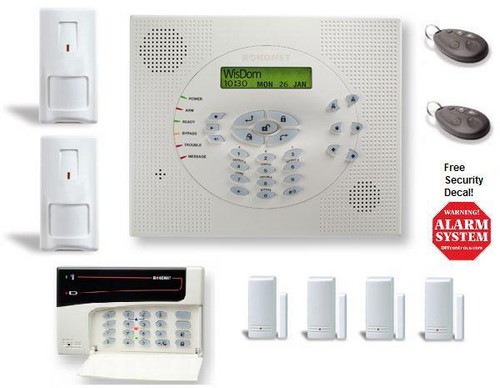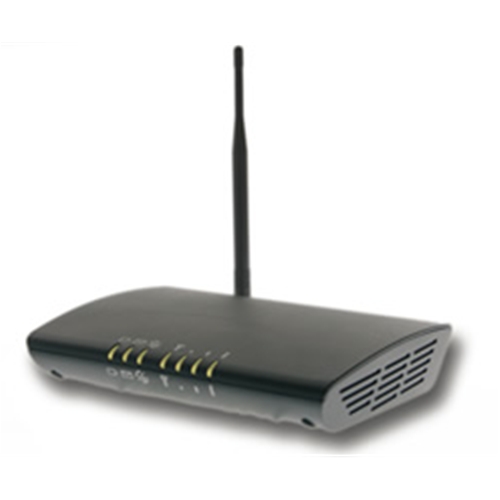 If you are looking for an effective but economical way to protect your vacation home or primary residence against break-ins, a do-it-yourself wireless security system is your best bet. In addition to the savings you’ll realize by installing it yourself, there are a lot of other advantages to choosing a wireless security system over a traditional hard-wired security system.
If you are looking for an effective but economical way to protect your vacation home or primary residence against break-ins, a do-it-yourself wireless security system is your best bet. In addition to the savings you’ll realize by installing it yourself, there are a lot of other advantages to choosing a wireless security system over a traditional hard-wired security system.
1. Easy to Install Yourself
A wireless home security system communicates via radio signals, making it very simple and a lot less costly to install than a hard-wired alarm system that requires running wires and drilling holes through walls, ceilings, woodwork and concrete. For older homes that are difficult to wire, a wireless system is the perfect solution. The average do-it-yourselfer can install a wireless security system like the Skylink AAA+ Home Smart Center in just a few hours.
 2. Affordable
2. Affordable
A wireless security system “starter kit†with a control panel and three sensors costs about $125. More advanced systems, like the popular Wisdom Wireless Bonus Kit with additional sensors, zones and partitions, range in price from $200 to $500. Compare these modest prices to the cost of a professionally installed hard-wired alarm system which typically costs $1,000 to $1,500 (depending on the equipment and layout of your home) plus monthly monitoring fees of $30 to $40.  The savings with a wireless security system is huge!
3. No Monthly Monitoring Fees
DIY wireless security systems are designed to contact you directly by phone when there’s an emergency, so you don’t need an outside monitoring company that charges hefty monthly fees. Many wireless security systems will dial multiple phone numbers, so if the first family member doesn’t pick up, another person will be called automatically.
4. Works Even During Power Outages
Because every sensor in a wireless security system is battery powered, sensors continue to operate even during power outages. The system’s control panel typically uses A/C power but comes with reliable, robust batteries for backup power.
 5. Don’t Need a Landline
5. Don’t Need a Landline
Many wireless home security systems now offer a cellular communications option, making them ideal for vacation homes without a landline phone. You can also add a cellular terminal as a backup so if your landline connection is cut, your wireless home security system can still send out alerts.
6. Tamper Resistant
A skilled burglar can disarm a traditional hard-wired home security system by cutting wires. Sabotaging a wireless security system is not that easy since each wireless component operates independently and would have to be disabled individually.
7. Automatic Troubleshooting
When a hard-wired system isn’t working properly, it can take a professional serviceman hours and hours to analyze the hundreds of feet of wiring and locate the problem, whereas wireless security systems like the Rokonet Wisdom series do their own troubleshooting. Most wireless sensors also provide “low battery†alerts.
8. Portable
If you move to a new house, your wireless security system can move with you, so you don’t have to invest in a new system.
Summer is a good time for do-it-yourself projects like installing a wireless security system in your home. There are many wireless home alarm systems on the market today with a variety of sensors options and accessories, including motion sensors, door/window sensors, smoke detectors, keychain remote controls and glass breaker sensors. Some systems also double as a “home automation center,†allowing you to remotely control household appliances and lights. And since a wireless home security system is designed to be expandable, you can add sensors at any time.



